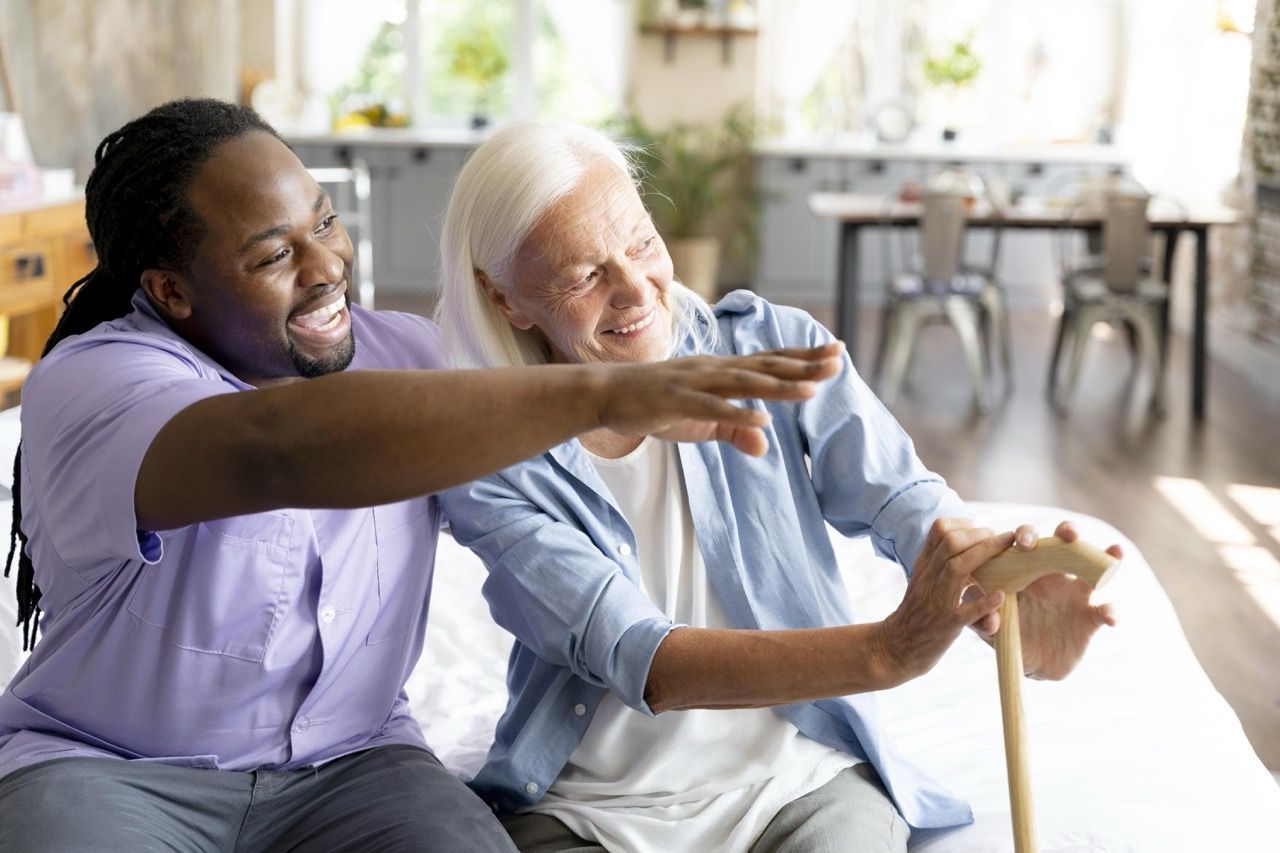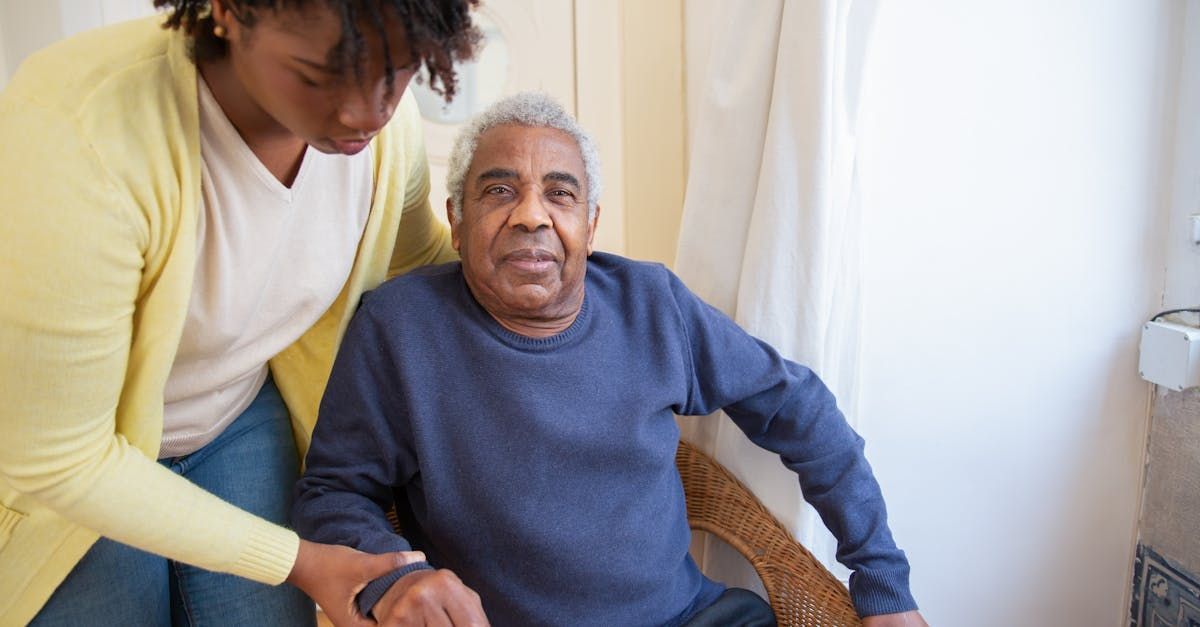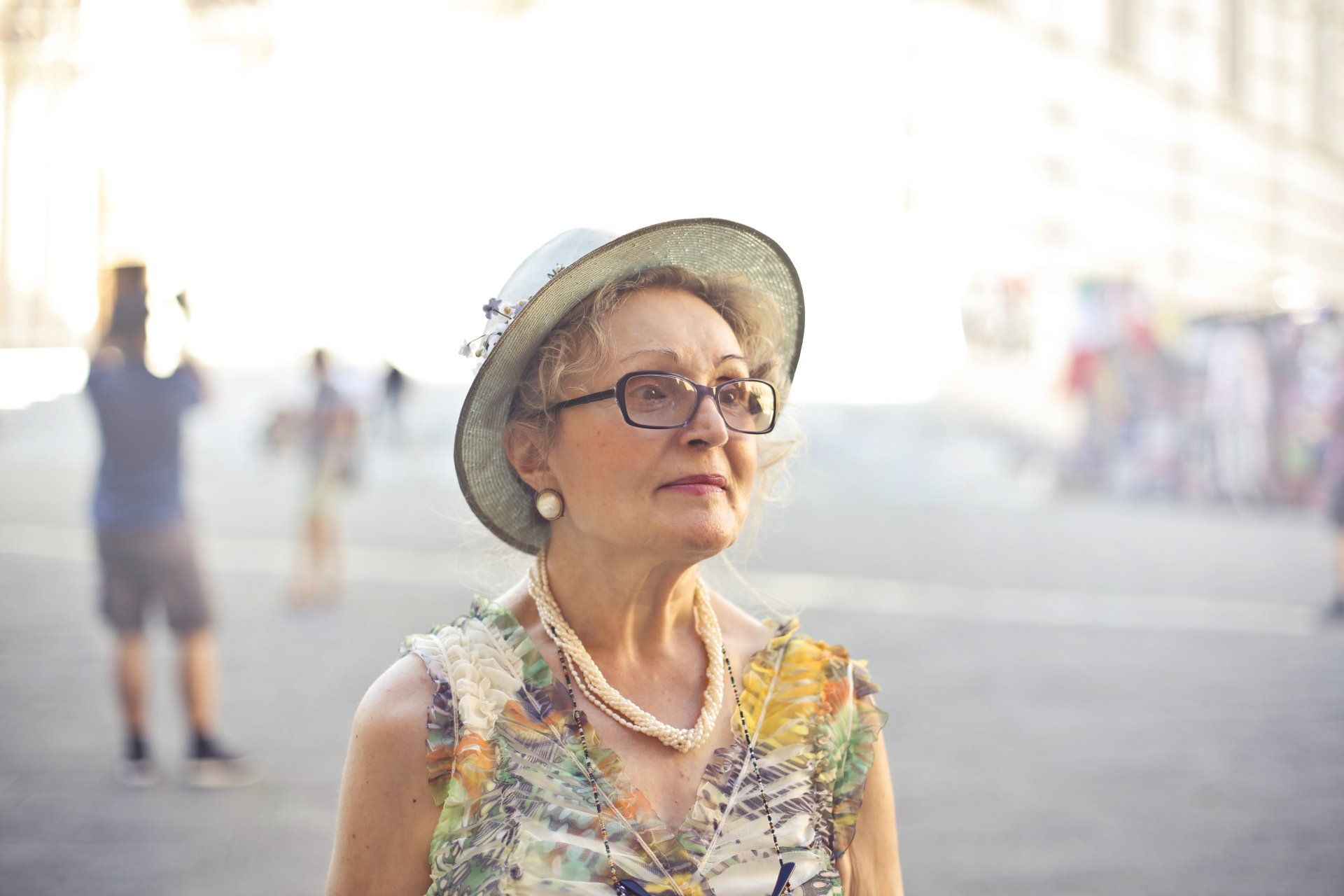Visiting Loved Ones with Dementia Over the Holidays
It’s been a tough few years for everyone, but for seniors especially. And for those with Alzheimer’s or dementia, the negative effects of isolation have been far greater. Although we are not out of the Covid woods yet, we are now able to visit with our loved ones.
If your loved one has Alzheimer’s or dementia, visits can be a challenge. Will they remember who you are? Will they even know you were there? What if they’re combative?
Let’s face it. You don’t always know what you’re going to get. But the one thing your loved one does need is human connection. And with the holiday season approaching, it’s more important than ever. So how do you ensure a successful visit?
While there are no guarantees, here are some do’s and don’ts to help make your next visit a positive experience:
DO
- Limit visitors to 1 or 2 people at a time. Too many people can be confusing and overwhelming.
- Schedule visits at a time of day when your older adult is typically at their best.
- Minimize distractions by keeping the environment calm and quiet. Turn off the TV or loud music.
- Keep your tone and body language friendly and positive.
- Make eye contact and stay at their eye level.
- Introduce yourself even if you are sure they must know you. (e.g., "Hi Grandpa, I'm Lucy, your granddaughter.”)
- Speak slowly and in short sentences with only one idea per sentence. Give them extra time to think and speak or answer questions.
- Be OK with sitting together in silence. They may enjoy that just as much as talking.
- Follow their lead and validate their feelings. Allow them to express feelings of anger, sadness, or fear as this is their reality.
- Share and discuss memories of the past; e.g., a photo album with pictures of events, family, etc.
- Give gentle touches or hugs if they give you permission.
DON’T
- Say "Do you remember me?" This can cause anger or embarrassment by exposing their limitations, failures and confusion.
- Speak too loudly.
- Argue. If they say something that is not correct, just let it go.
- Point out mistakes. It just makes them feel bad and doesn't help the conversation.
- Assume they don't remember anything. Many dementia sufferers have moments of clarity.
- Take mean or nasty things they say personally. It is part of the disease process that is beyond their control.
Remember, no one can predict what will happen with your older adult's cognitive ability and behaviour, but following these guidelines you can make your visits more positive and fulfilling for everyone. Share this list with your friends and family and encourage them to visit their loved ones more often, especially this holiday season.




